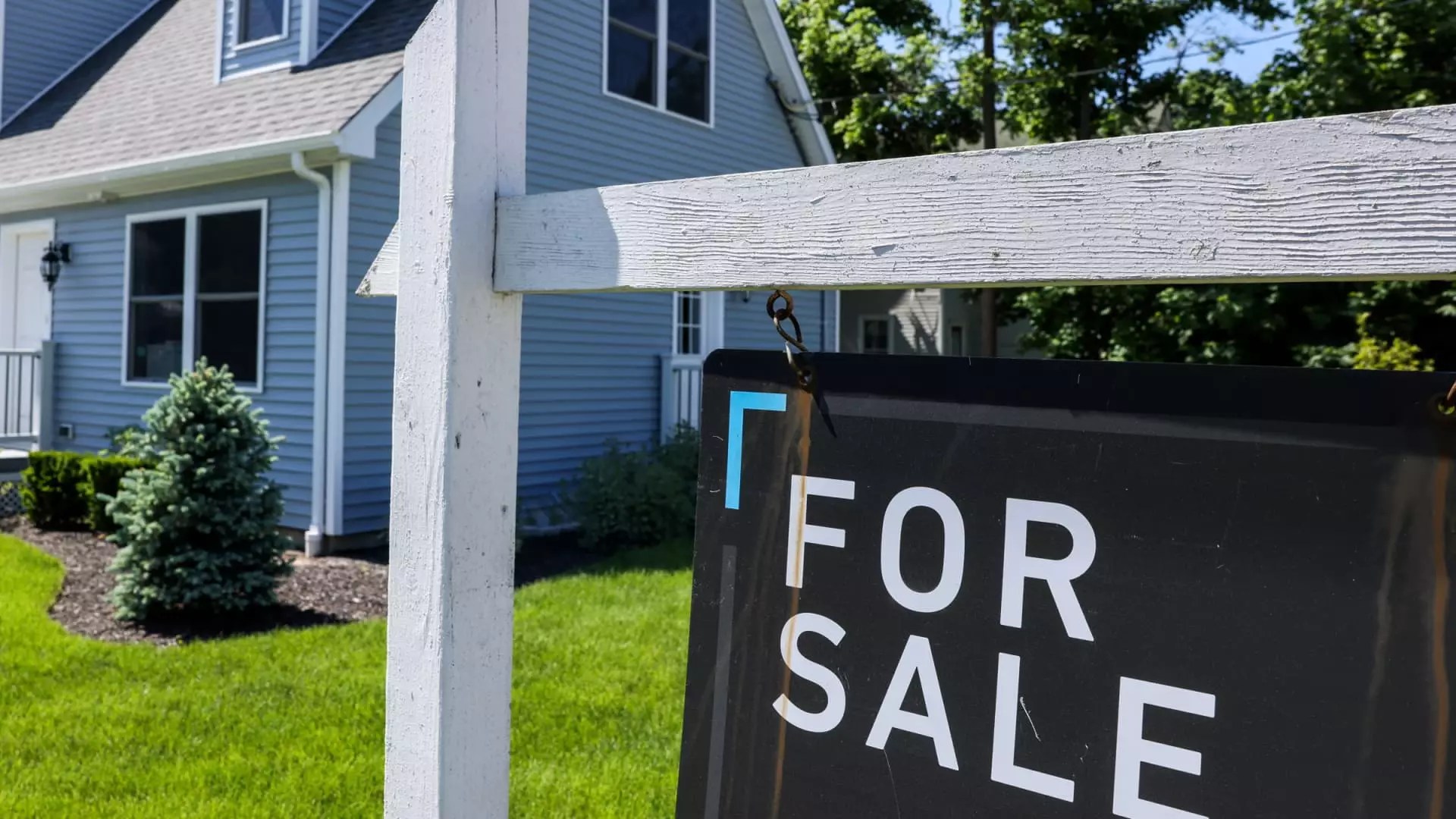A modest decline in mortgage interest rates—just a 0.02% drop from 6.79% to 6.77%—has paradoxically ignited a surprisingly robust surge in mortgage applications. This seemingly minor fluctuation reveals a deeper truth about market sensitivity: even slight changes in borrowing costs can have outsized psychological impacts on consumers. However, one must question whether this bounce is sustainable or merely a fleeting reaction to temporary optimism. The uptick in applications—both for home purchases and refinancing—may be more about the market’s natural volatility rather than a true indicator of renewed confidence.
The Illusion of Recovery or a Signal of Restlessness?
While a 9% weekly increase in mortgage applications appears promising, it must be viewed through a skeptical lens. The increase in demand coincides with a period of slightly lower interest rates, but mortgage rates are already on the rise again, suggesting that the recent dip was likely just a blip rather than a turning point. Consumer sentiment remains volatile, and high cancellation rates suggest buyers and sellers are uneasy—hesitant to fully commit amidst an uncertain economic outlook. The market’s resilience hinges on factors like employment, inflation, and policy decisions, not solely mortgage rates, which only serve as a short-term trigger.
Market Dynamics: Temporary Boost or Fundamental Shift?
The real question is whether these application jumps signal a durable shift toward increased homebuying activity or are merely noise—ephemeral sparks in a landscape dominated by structural challenges. Despite increased housing inventory and slower growth in home prices, the broader economic climate remains uncertain. The average purchase loan size declining to levels not seen since early 2025 could be a sign of cautious buyers, possibly obsessed with affordability issues rather than optimism. Furthermore, pending sales data—measurements of signed contracts—have yet to reflect the uptick in mortgage applications, hinting that the enthusiasm may not translate into actual sales in the near future.
In essence, the recent uptick in mortgage applications driven by a minor rate decline is unlikely to herald a sustained recovery. It underscores the precarious psychology of consumers who, despite signs of slight easing, remain anxious about broader economic factors. Responsible market analysis must recognize that these movements are more a reaction to short-term fluctuations than a sign of genuine market strength. For those of us who lean center-right, trusting in steady, pragmatic growth, it’s essential to remain cautious. The market’s real resilience will depend on underlying economic fundamentals rather than temporary dips in interest rates.


Leave a Reply